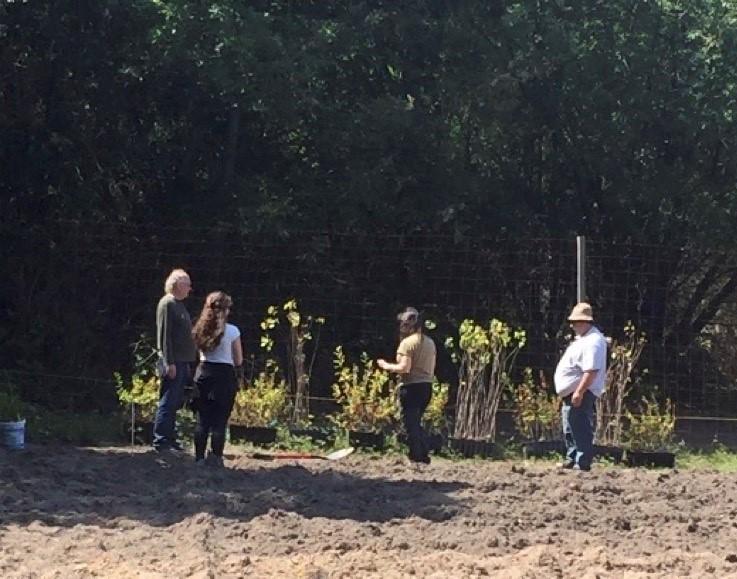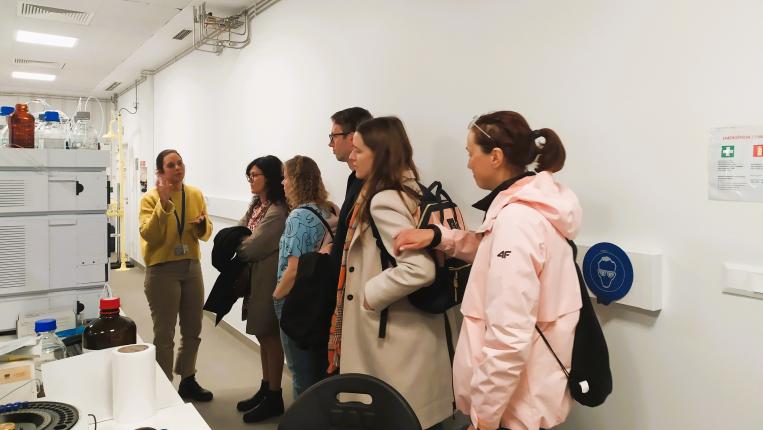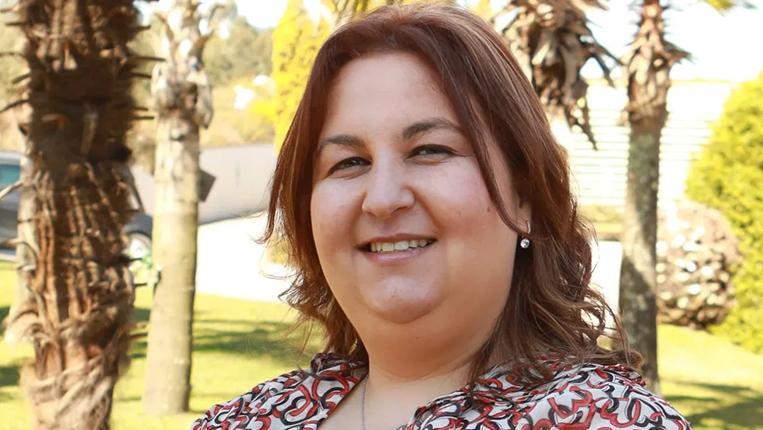By: Helena Moreira e Sofia Almeida Pereira

On May 9, 2022, as part of the Phy2SUDOE project, ESB/CBQF in partnership with CloverStrategy established a new experimental field in a contaminated area of the Estarreja Industrial Zone (Aveiro). The objective is to demonstrate the potential of phytotechnologies in the recovery of soils contaminated with heavy metals and organic compounds. Phytotechnologies consist of the use of plants and microorganisms in the recovery of soil ecosystem functions and services, such as increasing microbial biodiversity and carbon sequestration, also allowing for the containment and degradation of pollutants. In addition to being less invasive, phytotechnologies also have a lower cost than conventional engineering techniques, thus constituting a more ecological alternative for the remediation of contaminated soils.
The experimental field has an area of about 800 m2. Researchers Helena Moreira, Sofia Pereira and Ana Sofia Sousa and technician Joaquim Cunha planted more than 200 trees (poplars and willows), half of which were inoculated with plant growth-promoting bacteria and mycorrhizal fungi. These microorganisms are part of the ESB/CBQF collection and were selected according to beneficial characteristics evidenced in the laboratory and in the greenhouse. It was also associated a hydrogel that will allow the plants to be more resilient to drought. The combined application of beneficial microorganisms and hydrogels is expected to improve the establishment and development of these trees in the field. Poplars and willows are fast-growing trees with high resistance to pollutants, whose biomass can be used for energy production and eco-materials.
The Phy2SUDOE project, coordinated by Professor Paula Castro, aims to improve contaminated soil management strategies in the Sudoe area (Portugal, Spain and France) and the implementation of innovative phytotechnologies. It has 10 beneficiary partners and 15 associated partners. This multidisciplinary and transnational network of phytotechnology experts is intended to enable the transfer of results and knowledge to recognized stakeholders from various sectors of the bioeconomy, including farmers, advisory bodies, small and medium-sized enterprises, industry, non-governmental organizations, policy makers , local authorities and communities in general, which will contribute to the implementation of guidelines by regional and national authorities in the contaminated land sector. For more information about the project, see https://www.phytosudoe.eu/.



